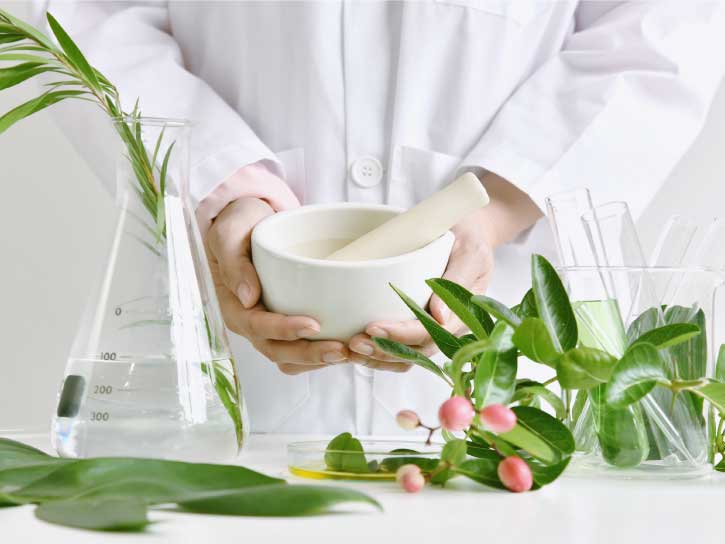Naturopathy what is it
Naturopathy what is it

What is naturopathy?
Part science, part natural medicine, naturopathy uses a range of therapies to help the body heal itself. The goal is to treat the whole person in mind, body and spirit, diving deep into a range of topics around your lifestyle, exercise, diet, stress, bowel movements, sleep, family history and medical history.
Sometimes naturopaths employ complementary medical treatments as well such as homeopathy, herbal medicine and acupuncture.
Naturopathy is a growing area of complementary medicine in Australia with around 5 million consultations per year taking place.
Early signs of natural healing practices go right back to the Greek physician Hippocrates who was born in 460BC. He was the first to suggest that illnesses had natural causes, rather than being the result of superstition or the wrath of the gods. Fast forward a couple of thousand years to 1895 where German John Scheel first coined the term “naturopathy”, and six years later founded the American School of Naturopathy in 1901. Today, in Australia, aspiring naturopaths can study a four-year Bachelor of Health Sciences (Naturopathy).
What sort of conditions might naturopathy help with?
Often the services of a naturopath are sought out by those who have already tried traditional medicine and want to look at alternative remedies. There are a wide range of conditions that naturopaths may be able to help out with such as stress, depression and anxiety, some chronic conditions, polycystic ovary syndrome, Type 2 diabetes and more.
Naturopaths can work with your GP and vice versa. For example, your naturopath may request some blood tests, which your GP can order for you. Both practitioners will be able to examine the results for you and provide feedback to assist you in your health journey.
Is it all about “potions”?
For the uninitiated, it might seem like naturopaths are just mixing up batches of terrible-tasting potions for you, but in reality, any supplements naturopaths prescribe are done so based on years of experience and training. Supplements are usually based on natural ingredients with the aim of helping the body heal, and can take the form of tablets or liquids. And yes, we’ll admit, sometimes they don’t always taste great! Typical additions to supplements could include things such as vitamin D, magnesium, turmeric or garlic, each dose specific to you and your health requirements.
Introducing Susanne Angelis B.Sci, Adv. Dip Naturopathy
Joining the SwiftDoc team is Susanne Angelis, a registered naturopath and a Fellow the Australian Traditional Medicine Society (ATMS). Susanne has 10 years’ experience as a clinical naturopath and a complementary medicine advisor.
Always learning, Susanne completed a Bachelor of Science and Advanced Diploma of Naturopathy, and is now undertaking further post graduate study in complementary medicines management. Susanne specialises in gastrointestinal conditions, female health complaints, allergies and skin diseases, and is available for consultation via SwiftDoc’s online platform.
What’s next?
If you would like to book in with Susanne for a naturopathy appointment simply choose “Naturopath” from our booking menu. You’ll be able to select a date and time for a comprehensive 60-minute initial consultation.
Sources:
Australian Natural Therapists Association, The definitive guide to naturopathy Accessed November 2021.
Live Science, Who was Hippocrates? Accessed November 2021.
Medical News Today, What is naturopathy? Treatments and approaches Accessed November 2021.
ScienceDirect, Complementary therapies in clinical practice Accessed November 2021.
US National Library of Medicine National Institutes of Health, The state of the evidence for whole-system, multi-modality naturopathic medicine: A systematic scoping review Accessed November 2021.
WebMD, What is naturopathic medicine? Accessed November 2021.
This website does not provide medical advice. It is intended for informational purposes only. It is not a substitute for professional medical advice, diagnosis or treatment. Never ignore professional medical advice in seeking treatment. If you think you may have a medical emergency, immediately dial Triple 0 (000).